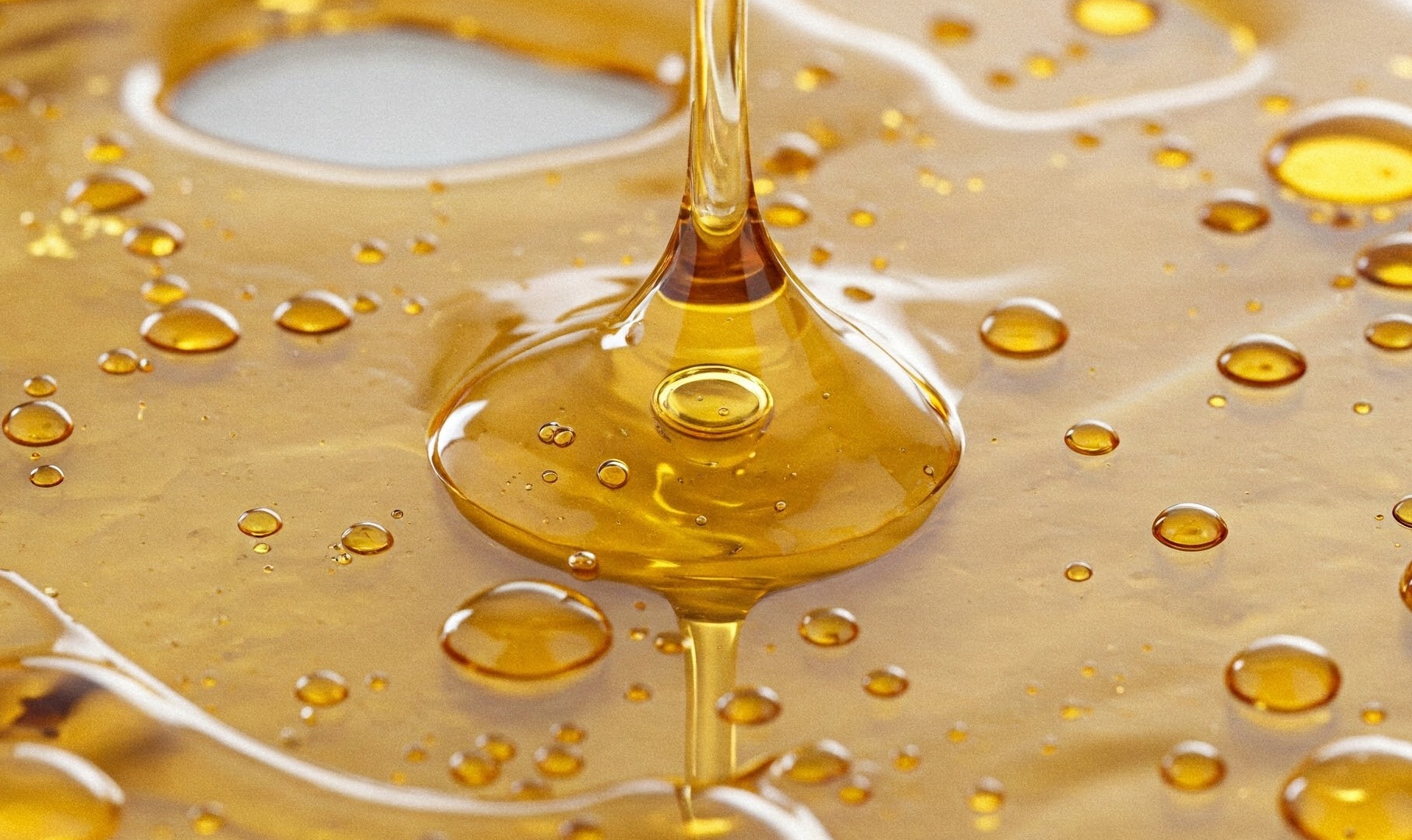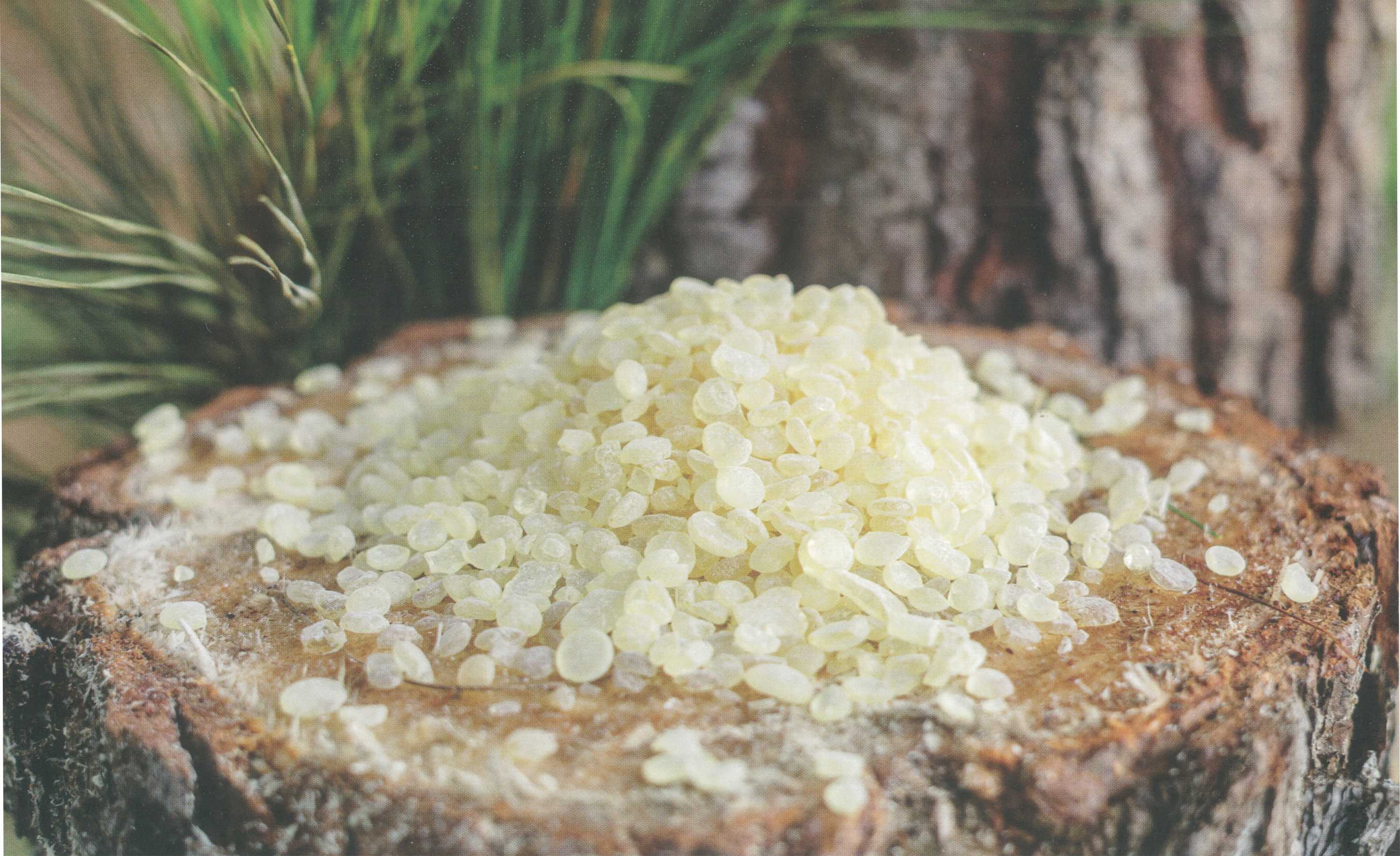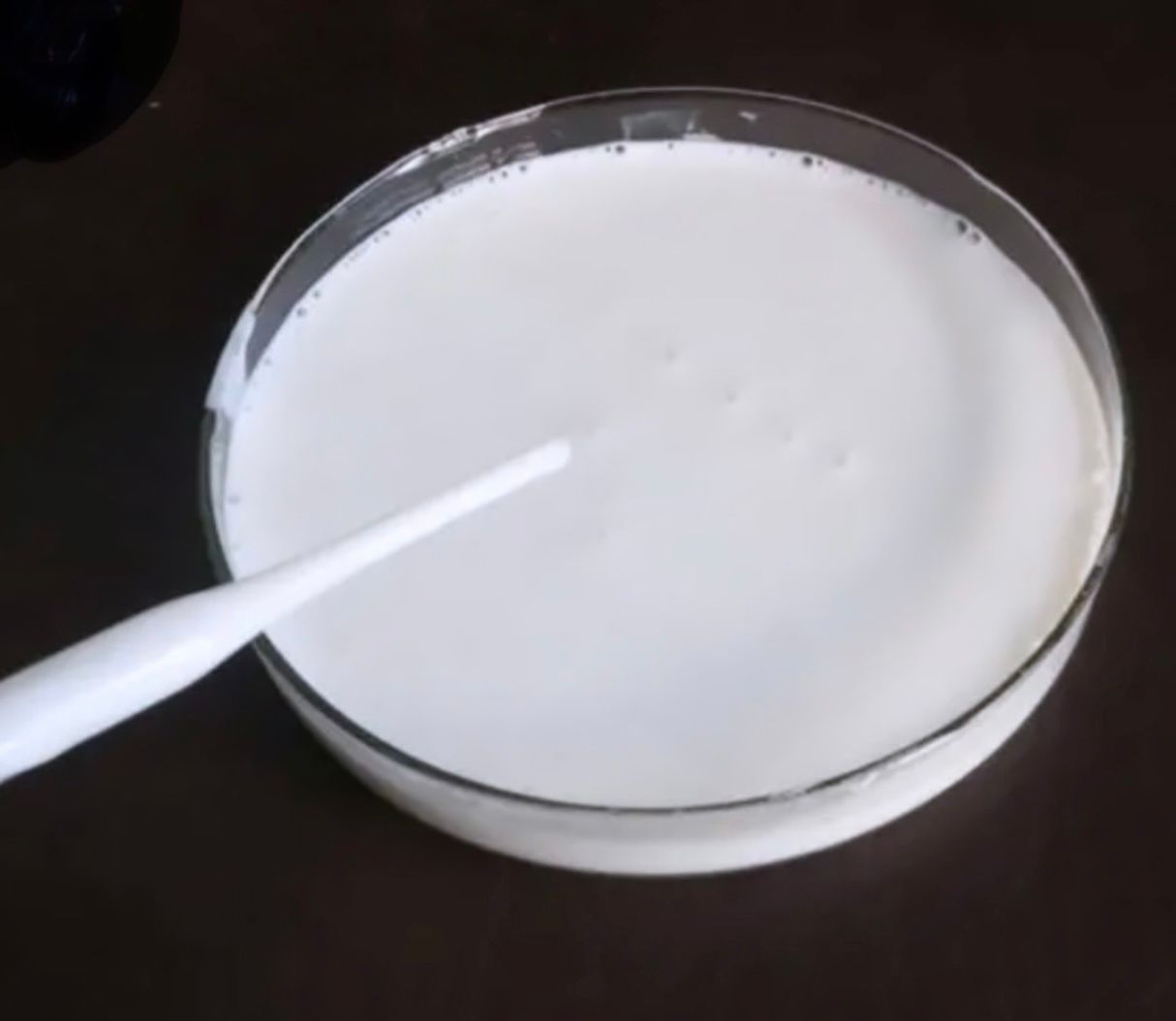Today, the use of environmentally friendly and sustainable materials has become a significant focus for the development of industrial processes. In this context, water-based rosin esters stand out as an innovative and eco-friendly solution, especially used in various applications across many sectors. This article will provide a detailed review of the properties, advantages, and application areas of water-based rosin esters.
What are Rosin Esters?
Rosin esters refer to a group of esters typically formed by the esterification of resins obtained from natural resins, which are generally derived by distilling the oleoresin (sap) from resinous trees. These esters usually have an adhesive, transparent, and resinous structure.
Water-Based Rosin Esters
Water-based rosin esters are rosin esters formulated with water instead of traditional solvent-based solutions. This is important for reducing environmental impact and offering a safer alternative concerning occupational health and safety. Water-based formulations leverage the natural advantages of water while also providing high performance and application flexibility.
Advantages
- Environmentally Friendly: Water-based rosin esters generally do not contain VOCs (Volatile Organic Compounds) as solvents. This feature reduces negative environmental impacts by improving air quality.
- Good Adhesion Properties: Thanks to their adhesion properties, these esters become suitable for many industrial applications. High adhesion properties are preferred in the production of adhesive materials and adhesive labels.
- Water Resistance: Water-based rosin esters are notable for their water resistance properties. This feature provides an advantage, especially when used in outdoor applications and the packaging industry.
- Non-toxic: Water-based formulations generally have non-toxic properties, offering a safer option in production processes and product use.
Application Areas
Water-based rosin esters offer a wide range of applications. These include:
- Packaging Industry: Water-based rosin esters are commonly used in the production of packaging materials. Their water resistance and adhesion properties can enhance the durability of packaging materials.
- Labeling: Water-based rosin esters are preferred in the production of adhesive labels. This can improve the adhesion of labels and increase their water resistance.
- Wood Processing: In the wood processing industry, water-based rosin esters can be used as an environmentally friendly option for adhesives and coatings.
- Paper and Cardboard Production: In paper and cardboard production, the use of these esters can increase the strength and durability of paper products.
Water-based rosin esters offer various advantages in industrial processes with their environmentally friendly characteristics, high adhesion properties, and diverse application areas. This innovative solution plays a significant role in efforts to achieve sustainability goals. Water-based rosin esters will continue to be an attractive option for companies and sectors seeking to reduce the negative environmental impacts of industrial production.






